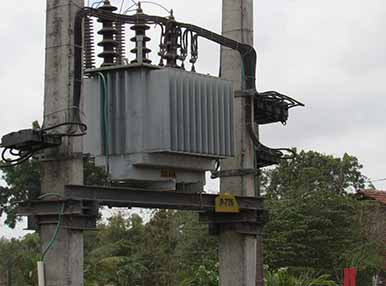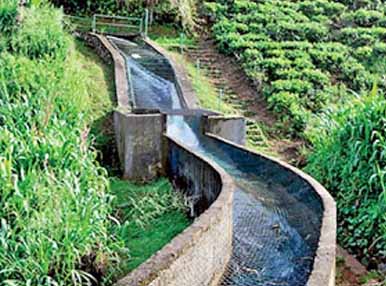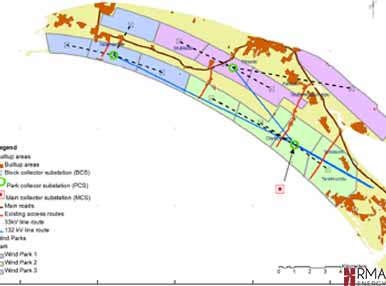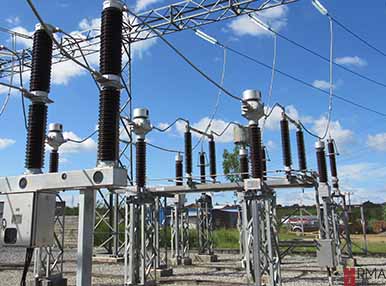
Power Generation and EconomicsRenewable Energy DevelopmentPreliminary Assessment for a Biomass Power Plant for CIC Holdings PLC
RMA carried out a preliminary assessment for a biomass power plant for CIC Holdings PLC considering the fuel wood requirement, land area required for cultivation, raw water requirement, capacities of boilers and steam turbines, grid interconnection options and project costs and corresponding financial returns.









